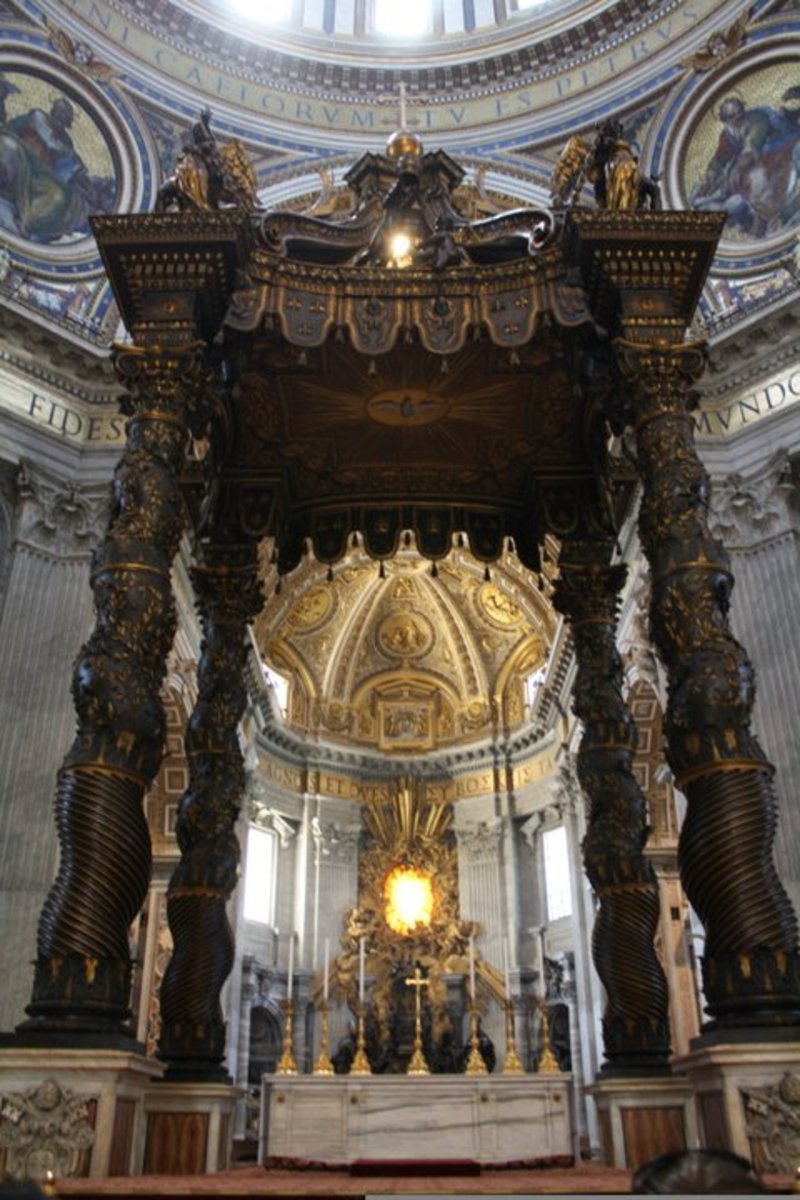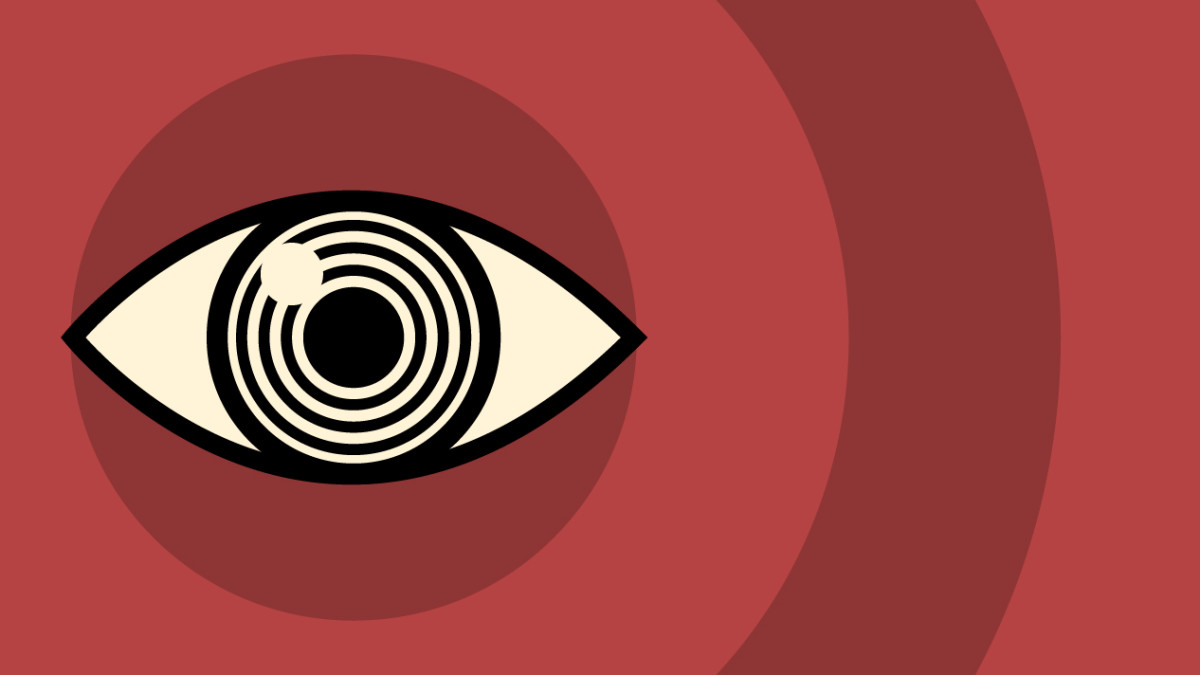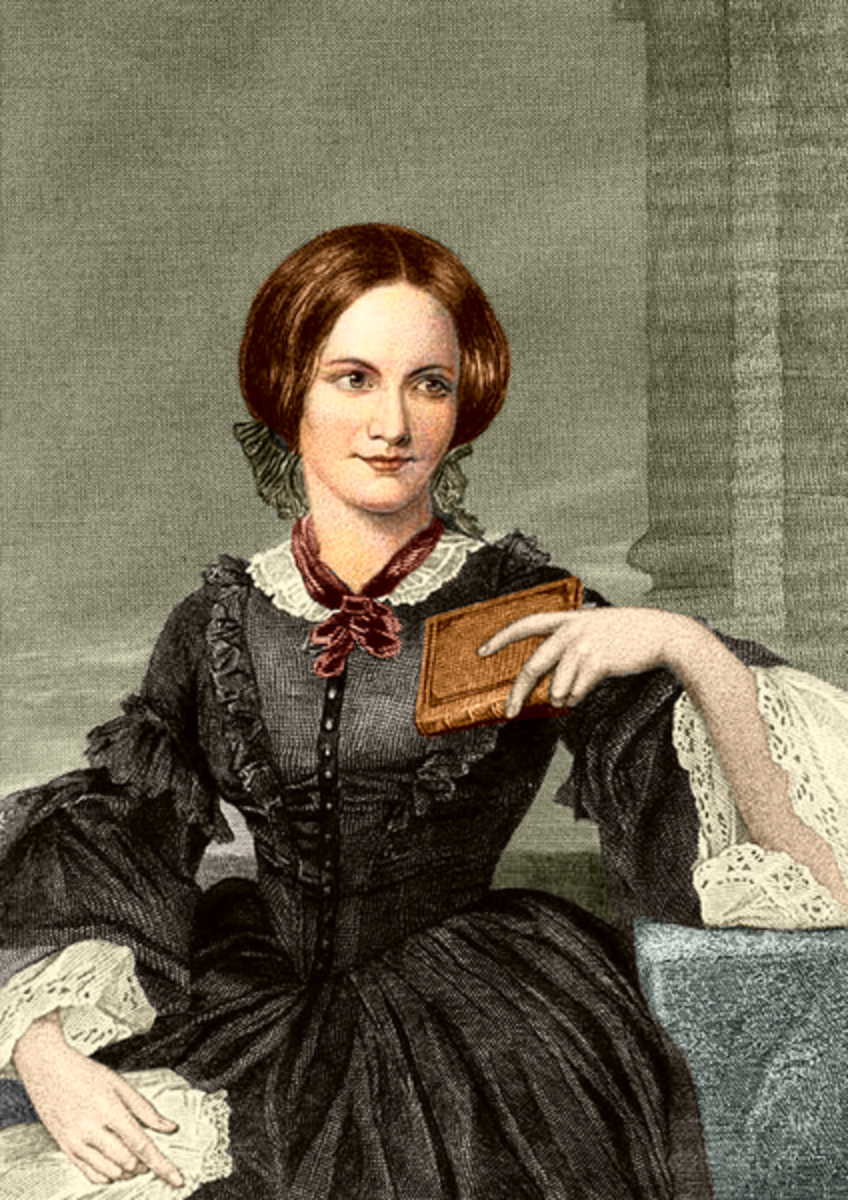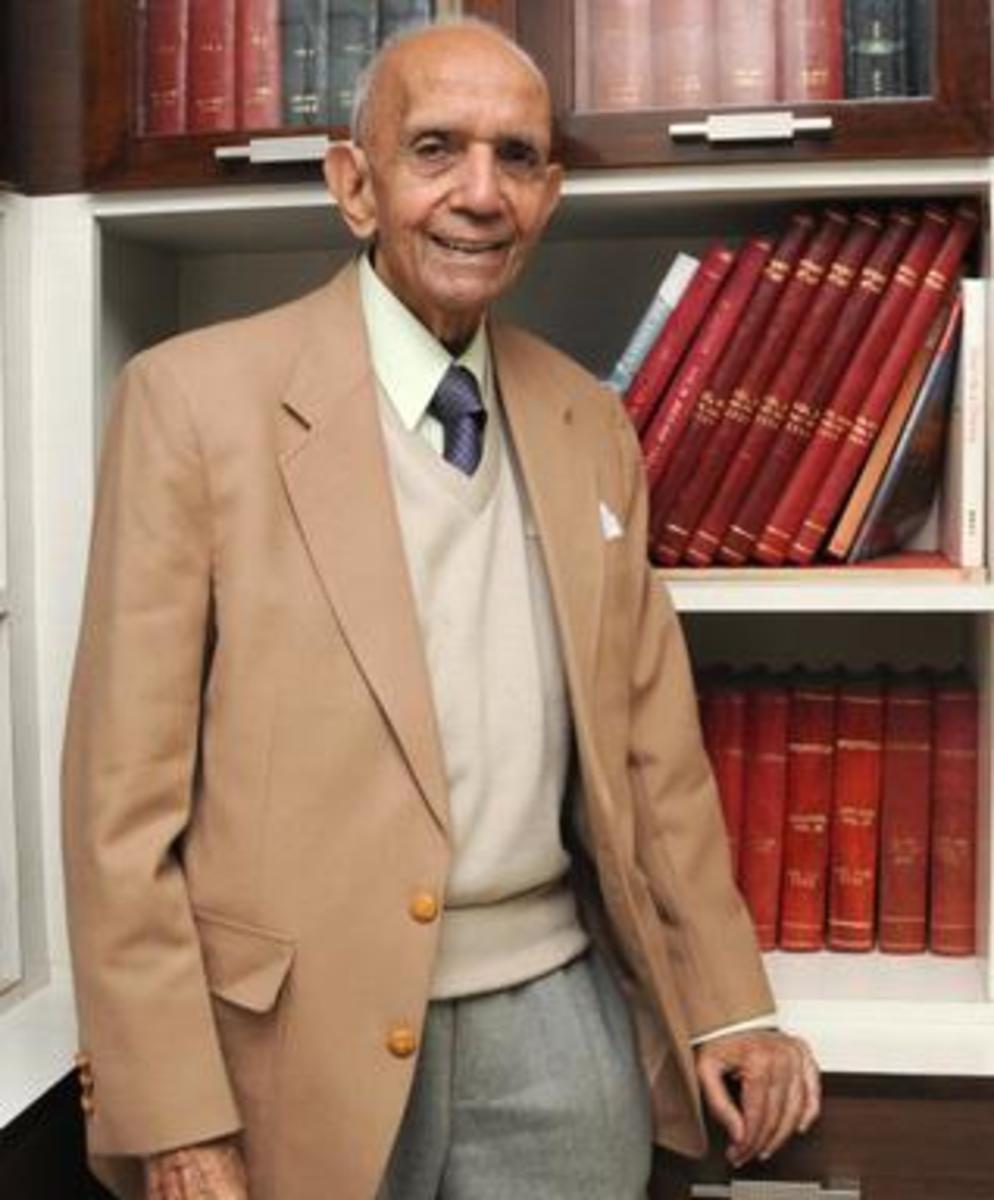Did Thomas More Create A Utopia?
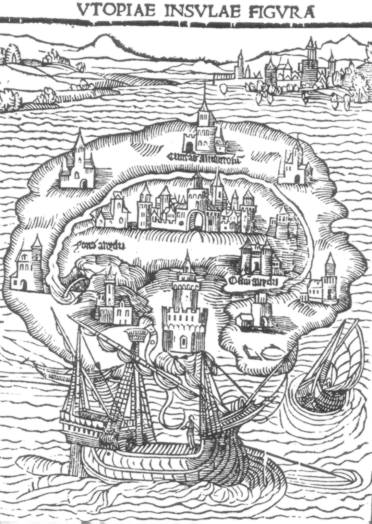
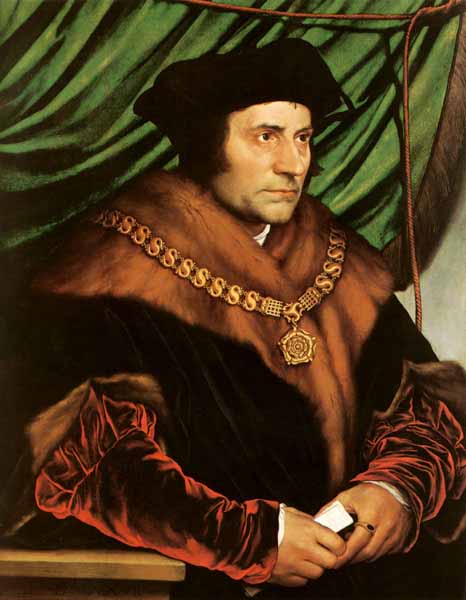
Intro
The word Utopia, which now signifies a perfect state or place, literally means “no place.” The story of Utopia, Thomas More writes about a fictional account of a civilization, called Utopia, attempting to be perfect. In the fictional civilization, many strange customs and are enforced. For example, the government does not permit private property, meaning nobody in the society has any possessions. They believe that private property instigates crime and jealousy. Another aspect of the Utopian society is that they use utilize assisted suicide for people whom they say currently live “a posthumous existence”(83). And last, Utopia tries to incorporate an imperfect piece, humans, into a final product of a perfect world. This seems impossible; nothing except God is perfect, so how can something made by non-perfect humans be? Utopia might look good on paper, but in reality, Thomas More did not create a viable Utopia.
Assisted Suicide
The government of Utopia employs the use of assisted suicide. Assisted suicide, or any form of killing or participating in the killing of an innocent person, is intrinsically evil and can never be justified under any circumstances. The Utopians go about this by trying to persuade a person who suffers from a terminal or extremely painful illness that they no longer live a human life, and just exist for no useful reason. They never force the person to agree, but if he does, they administer a shot to kill him painlessly and quick. This is not only evil, but it says that humans have no reason to exist if they cannot “live”, but merely survive. This is just the first reason why St. Thomas More did not create a perfect society.

Punishment
In Thomas More's Utopia, if somebody commits adultery twice, the government puts them to death. In this case it seems that the crime does not justify the serious punishment that follows it. It appears as a very unfair punishment for a crime that really did not put anyone in any mortal danger Capital punishment should only be used if necessary to maintain the common good for the people. This means that if a criminal is so out of control that there is absolutely no way to stop him from endangering the public, then it would be necessary for capital punishment to be used. This is one other reason that Utopia did not describe a perfect state.
Non-human Humans
The citizens in Thomas More’s version of a Utopia could not be human beings of any time period. The so called humans in the story do the exact same thing almost everyday; acting like robots rather than human beings with minds and opinions meant to be expressed. All throughout history, citizens of civilizations have never completely agreed on everything. People have opinions, and in Utopia it seems as if they permanently repress their human nature and are content with whatever happens. One would think that in such a radical society such as that of Utopia, that there would be some people who think that their system could be improved. Some people who do not agree with all the others. But in Utopia, nobody raises an argument. This is another reason why Thomas More’s Utopia does not seem to be possible.
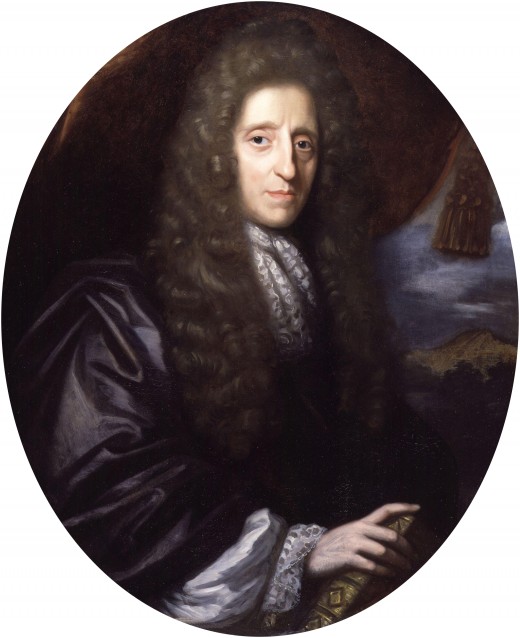
Property: An Unalienable Right
The government of Utopia does not allow any citizen to have personal possession, or private property. The narrator explains that they have this law under the belief that “ you’ll never get a fair distribution of goods , or a satisfactory organization of human life, until you abolish private property altogether.”(45) He says that if you try to distribute wealth evenly, you have to take from one person to give to another who has less which would create enmity. Many problems come up with abolishing private property. One problem being that private property is a motivation for people to work really hard so that they can obtain more private property. What would the point be of working hard if you will get the same as a person who is not working as hard as you. Private property also enable people to express themselves and enjoy themselves with their things. And if a thing belongs to you, you can do whatever you want with it. Private property carries many good and bad qualities, but not allowing people to have things of their own is oppression.
To Conclude
Thomas More did not describe a perfect civilization in the book Utopia. There are many reasons to support this. First, the government condones evil things such as assisted suicide and imposes capital punishment on those who have committed crimes that in our society would not be punished. The government of Utopia also does not allow its citizens to have possessions, or private property. And last, the citizens of Utopia do not act like normal people do. They act like mindless beings who just do the same thing over and over again. That’s why Thomas More did not create a Utopia.




